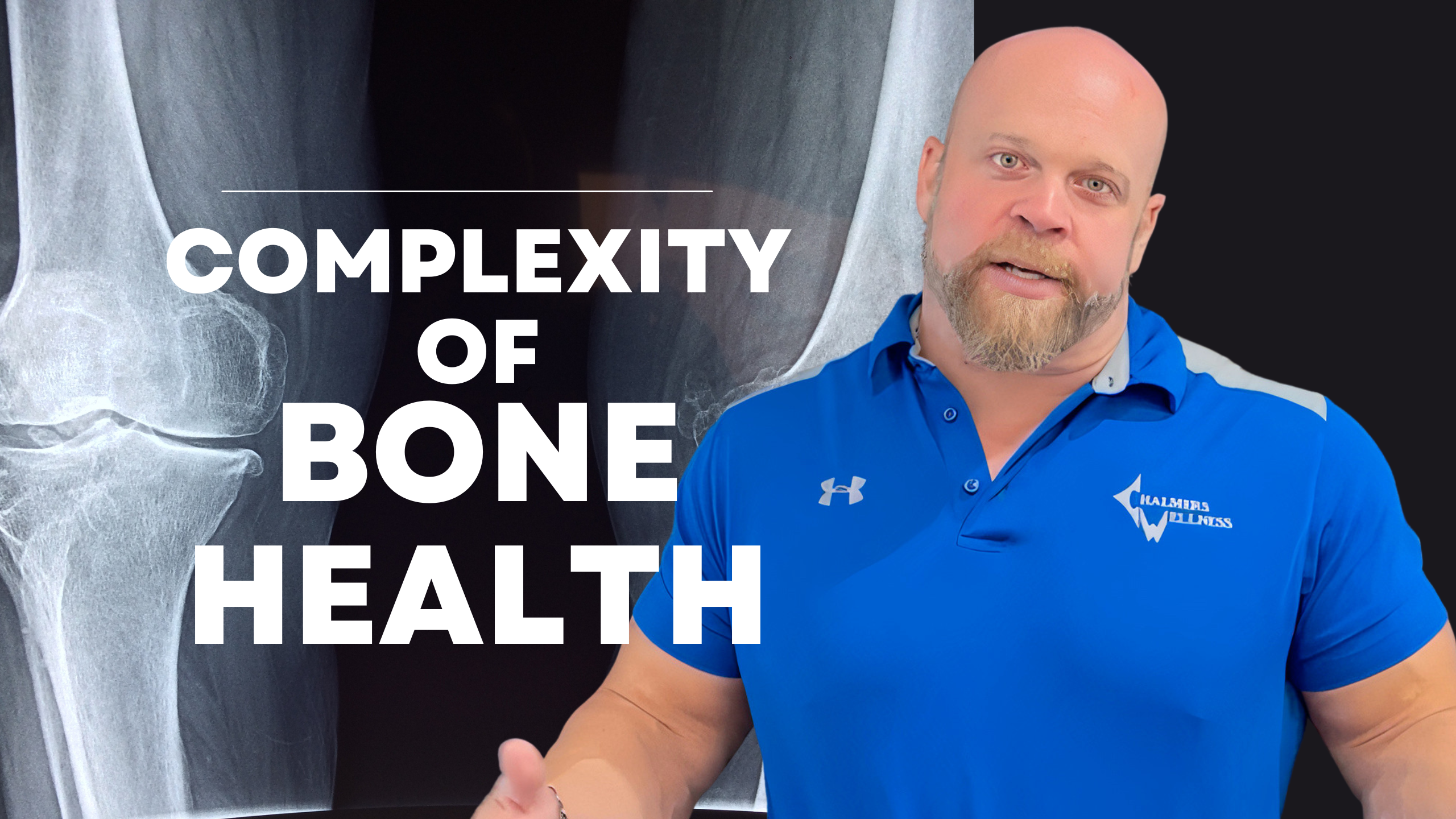
Maintaining bone health is a multidimensional element of overall wellness that is frequently muddled by myths, particularly about the relationship between dairy consumption, osteoporosis, and hormonal impacts. Investigating these factors sheds light on the intricate relationship between nutrition, hormones, and bone density.
The argument regarding dairy’s effect on osteoporosis sometimes overlooks important nuances. While processed cow’s milk is attacked for its potential for harm, raw cow’s milk tells a different story. Pasteurization and homogenization change the content of milk, reducing its nutritious value and causing inflammation.
Furthermore, the calcium in processed milk, which is frequently calcium carbonate, is poorly absorbed. Cow’s milk’s alkaline composition inhibits calcium absorption by lowering hydrochloric acid function in the body.
Contrary to popular opinion, osteoporosis is not entirely caused by a lack of calcium. The ability of bone-building cells to respond to signals, known as osteoblastic function, is critical. These cells are primarily impacted by testosterone, rather than calcium or Vitamin D3.
Increasing testosterone levels encourages bone deposition, which strengthens bones. This underlying relationship between testosterone and bone density has been known for many years, indicating an important path for treating osteoporosis.
Hormone therapy, particularly in elderly women, increases bone density by resetting metabolic systems. This emphasizes the importance of hormonal balance in bone health.
Lactose intolerance is a common problem caused by an inability to break down lactose due to a lack of lactase enzyme synthesis. Lactose-intolerant people often prefer aged cheeses that have been fermented and are lactose-free as a result of bacterial action. Enzyme supplements, on the other hand, aid in lactose digestion.
The effect of estrogen on bone health is frequently misunderstood. While estrogen inhibits osteoclast activity, it does not address the underlying cause of bone density issues—insufficient bone formation. Relying entirely on estrogen may perpetuate rather than resolve a cycle of bone-related disorders.
To address osteoporosis, a comprehensive approach focusing on managing hormonal balance, particularly testosterone levels, is required to maintain osteoblastic activity and bone deposition. Rather of focusing simply on bone breakdown prevention, the emphasis should be on bone growth through hormone modulation.
As always if you have any questions, please send them to Questions@ChalmersWellness.com
Check out Chalmers Pillarsofwellness.com for Wellness updates! And ask me any questions you have at questions@chalmerswellness.com. I answer all of them and look forward to hearing from you.
The Chalmers Wellness Stubstack just launched. Comment, Like, and Interact with other people on their wellness journey. Communities can make a difference. DrChalmers.substack.com

Dr. Matt Chalmers
Disclaimer: This content is for informational purposes only. Before taking any action based on this information you should first consult with your physician or health care provider. This information is not intended to be a substitute for professional medical advice, diagnosis, or treatment. Always seek the advice of your physician or other qualified health providers with any questions regarding a medical condition, your health, or wellness.